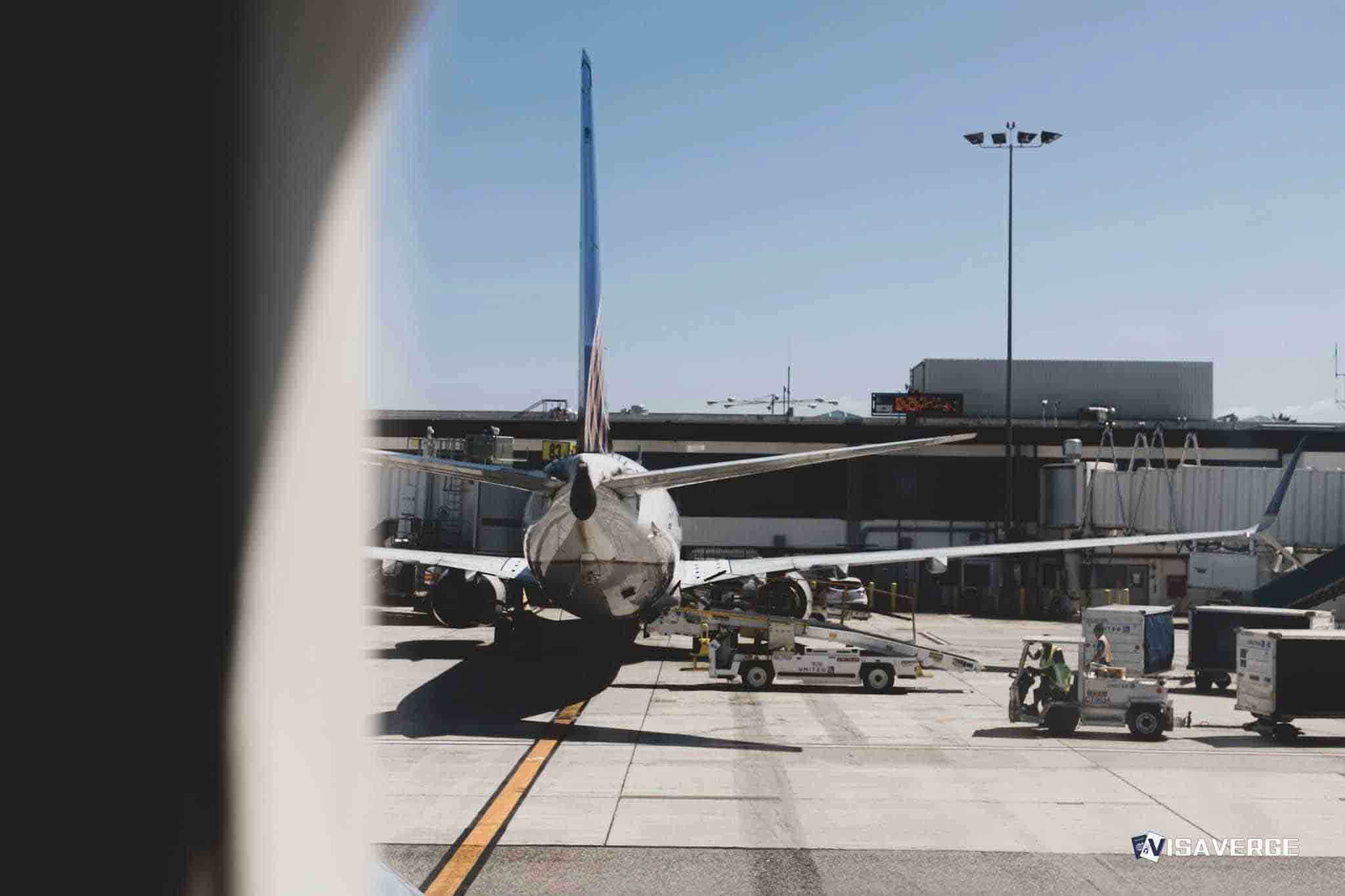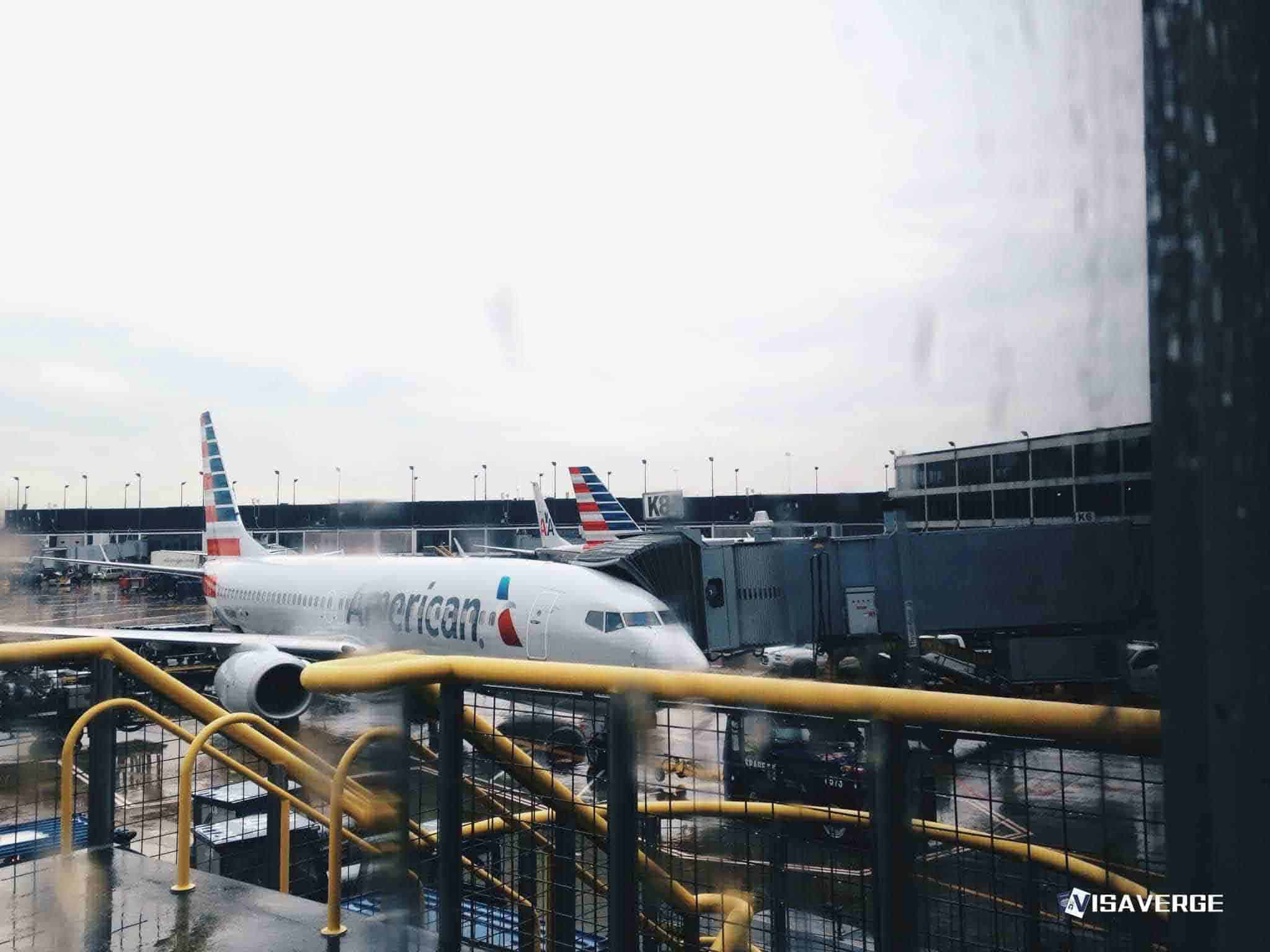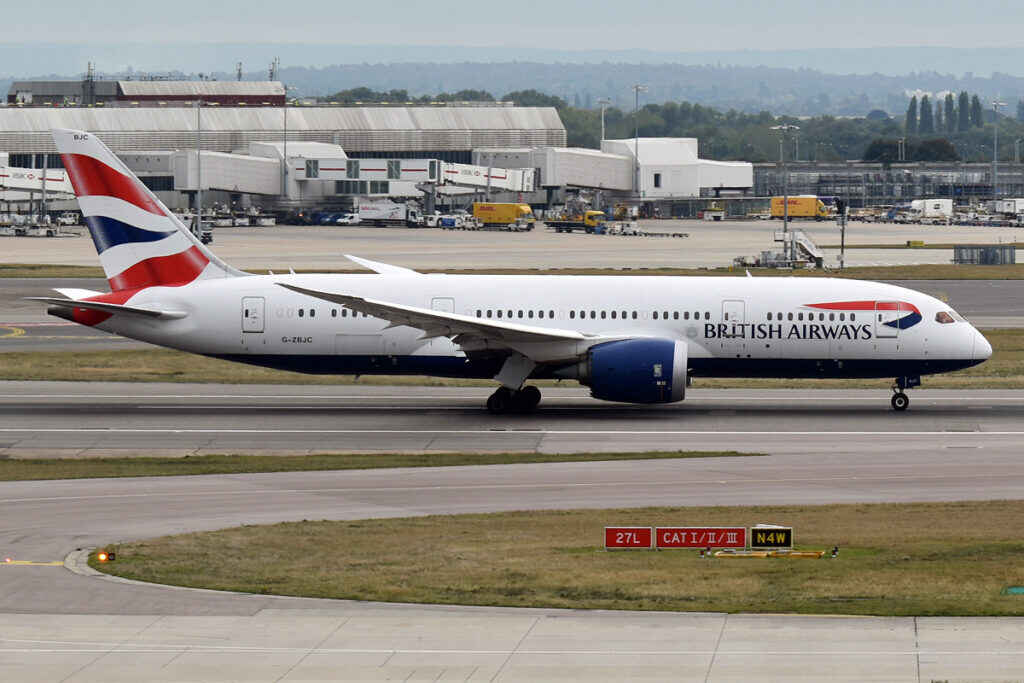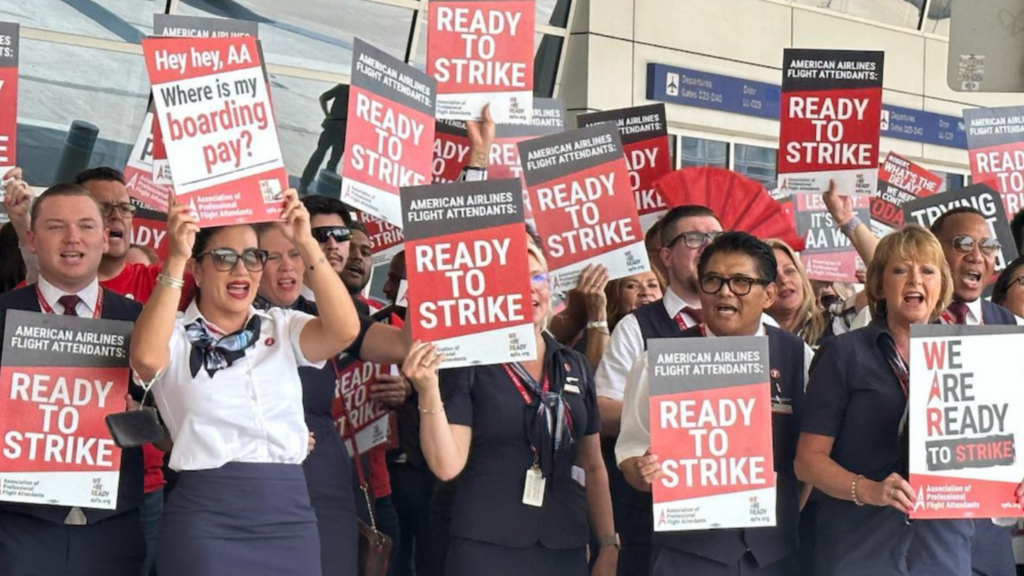Key Takeaways
• Avfuel delivered 8,000 gallons of SAF to North Dakota, its first Midwest delivery, expanding access beyond coastal regions.
• At EBACE25, Avfuel promotes blended SAF fuels and book-and-claim options to help operators immediately lower aviation carbon emissions.
• Partnerships with Valero, Diamond Green Diesel, and Neste support Avfuel’s commitment to cleaner aviation fuel worldwide, tackling supply challenges.
Avfuel is once again putting its focus on Sustainable Aviation Fuel, or SAF, as it takes the stage at the 2025 European Business Aviation Convention & Exhibition (EBACE) in Geneva, which is set to run from May 20 to May 22. The company’s latest efforts not only shine a spotlight on the development of cleaner fuel solutions for planes but also show its commitment to shaping the future of airport operation strategies on a global scale. This event is a key gathering for business aviation, and Avfuel’s presence there signals its dedication to helping the industry move towards better environmental practices.
Avfuel’s Commitment to Sustainable Aviation Fuel

When most people think about aviation fuel, they picture traditional petroleum-based jet fuel with its negative effect on the environment due to carbon emissions. Sustainable Aviation Fuel (SAF) is different. This alternative is made from renewable resources and is designed to reduce the carbon footprint of flying. Its use marks a major step forward as the aviation industry works toward greener, cleaner travel.
Avfuel’s focus at EBACE25 is clear: show that SAF can be used more widely, not just at busy coastal airports but even in places considered off the beaten path. Just ahead of EBACE, Avfuel partnered with Overland Aviation to deliver 8,000 gallons of SAF to North Dakota. This is a big deal because it marks Avfuel’s first delivery site in the Midwest, far from the usual areas where SAF is available. This move supports international goals to cut back on carbon emissions from air travel, and shows that making SAF available everywhere is not only possible but necessary.
Why This Delivery Matters
The Midwest SAF delivery proves that fuel options for the business aviation industry are becoming more diverse and closer to where operators actually fly. Traditionally, most SAF deliveries have been concentrated on the East and West Coasts of the United States 🇺🇸. By supplying North Dakota with an 8,000-gallon load, Avfuel is reaching new customers and laying the foundation for broader access in the future.
Joel Hirst, Avfuel’s Senior Vice President of Sales, summed it up well:
“We were thrilled to work with Overland Aviation to showcase the viability of SAF’s expansion into the Midwest while offering FBOs’ global customer base a more environmentally responsible fueling option.”
For those unfamiliar, an FBO is a Fixed Base Operator, the company at an airport that provides fueling and other services for private and business aircraft. These companies play an important role in making new fuel options, like SAF, available to everyone in the industry.
The Power of Partnerships
Avfuel’s recent deliveries are built on strong partnerships. The fuel itself comes from a supply deal with Valero Marketing and Supply Company. The neat (pure) SAF is produced by Diamond Green Diesel using a process called HEFA SPK. HEFA SPK stands for Hydroprocessed Esters and Fatty Acids, Synthetic Paraffinic Kerosene—a technical way of saying this fuel is made from renewable plant or animal oils using a special method. This makes sure it meets tough international standards for sustainability.
But Avfuel’s work does not stop in the United States 🇺🇸. The company is focusing on the European market, too. Working with Neste, a leading supplier of renewable fuels, Avfuel is trying to solve the supply challenges that are unique to Europe 🇪🇺. Different rules and a more complex delivery network make it harder to get SAF to where it’s needed on the other side of the Atlantic. However, Avfuel’s ongoing collaborations show its aim to bring cleaner fuel options to Europe 🇪🇺, supporting the continent’s tough new emission goals for aviation.
SAF at EBACE: Proving It’s Possible
A major goal at EBACE25 is to show that broader SAF access is more than just a dream. At the event, Avfuel is doing more than talking. It is taking action:
- Providing Blended Fuels: For previous EBACE events, and again this year, Avfuel has supplied blended fuels. These are normally around 30% SAF mixed with regular jet fuel, which leads to measurable reductions in carbon emissions during the lifetime of the fuel. This is important for operators who want to lower their environmental impact right away.
- Book-and-Claim Options: Sometimes, direct delivery of SAF is not practical due to supply limits or logistics. Avfuel offers a system where operators flying into Europe 🇪🇺 from North America 🇺🇸 can purchase SAF credits (called “book-and-claim”), letting them claim the same environmental benefits as if they had physically used SAF—without needing the actual molecules of the fuel present. This gives more operators a low-barrier way to participate in decarbonization efforts, even if their route cannot be directly supplied.
All these actions help operators, airports, and aviation customers not only see but take part in the movement towards reduced emissions. It’s a concrete show of support, especially as aviation faces questions about its role in global warming.
Building a Future Strategy for Airports
Looking past pure fuel delivery, Avfuel is also involved in how airports can plan for a greener future. This matters for everyone connected to a plane: passengers, pilots, airport staff, and even the communities living around airports.
Here’s a closer look at Avfuel’s broader work:
- Carbon Offsetting Programs: Carbon offsets are a way for companies to balance out their emissions by supporting projects that remove or prevent carbon from entering the atmosphere somewhere else. Avfuel helps customers do this by offering access to carbon offset projects. This means if flights still produce emissions, operators can pay to support things like tree planting or renewable energy elsewhere.
- Research for Unleaded Avgas: Avgas stands for aviation gasoline, which is used by smaller planes. Most current avgas contains lead, which is harmful to health. Avfuel is involved in research and development to move towards unleaded avgas, a process that will eventually help make flight cleaner for everyone.
- Internal Emissions Reduction: Avfuel isn’t just helping customers—it’s looking at its own house, too. The company is working to cut down the carbon emissions caused by its own activities, making sure it leads by example.
- Green Certification: Avfuel has earned third-party validated green business certifications through the National Air Transportation Association’s Sustainability Standard for Aviation Businesses. This certification is awarded to companies that meet high standards for environmental responsibility, covering everything from how they run their offices to how they deliver their products.
All these steps show how deeply Avfuel is thinking about its role in making aviation greener—not just at the point of sale, but all the way through its business.
Facing Challenges and Overcoming Them
Bringing SAF to more people isn’t easy. In Europe 🇪🇺, there are special problems to solve, like tighter regulations, different fuel blending rules, and a supply chain that does not always match the scale of the United States 🇺🇸. By working closely with partners like Neste, Avfuel is addressing these problems head-on. The company’s goal is to make sure business aviation in Europe 🇪🇺 can meet its ambitious sustainability targets in the coming years.
Another challenge is the need for the aviation industry to work together. Airports, fixed base operators, fuel suppliers, airlines, and manufacturers must all take part. That’s why events like EBACE are so important—they bring everyone to the same table to talk openly about what’s working, what’s not, and what needs to happen next.
Why SAF and Sustainability Matter for Immigration
You might wonder what all this has to do with immigration. The aviation sector plays a huge role in connecting people, businesses, and families across borders. As more countries set stricter rules around carbon emissions, the way airlines operate will change. Immigration pathways that rely on easy international travel could be shaped by new regulations, making SAF more than just an industry issue.
For example:
- Students and Workers: Many people come to countries like the United States 🇺🇸 or European Union member states for study or work, moving through airports that provide international flights. Cleaner aviation helps these pathways remain open and sustainable, especially as governments put stricter goals into place.
- Employers: Companies that need to fly workers or experts between different countries want to show they are choosing greener travel options. By using SAF or offsetting emissions, these businesses can signal their support for environmental goals, which can make it easier to meet government requirements for visas or contracts.
- Immigration Policy: Some countries are considering tying visa benefits to whether companies or travelers meet environmental standards. This trend may grow as international agreements around climate become stricter.
By leading on SAF at events like EBACE, Avfuel shows it understands how important clean aviation fuel is—not just for the environment, but for the freedom of movement that underpins global migration and mobility.
The Bigger Picture at EBACE
At EBACE25, the focus on sustainable practices goes hand in hand with a broader push for innovation in the aviation sector. The event highlights new ideas, smarter business models, and better technology to help airlines and airports operate in ways that are better for the planet. As reported by VisaVerge.com, these changes matter for everyone involved in immigration, education, business, and tourism.
A summary table gives a clear idea of Avfuel’s steady progress:
| Aspect | Details |
|---|---|
| Newest Milestone | First Midwest U.S. delivery of 8,000 gallons of neat SAF |
| Main Partners | Overland Aviation (U.S.), Valero/Valero Energy Corp., Diamond Green Diesel |
| Fuel Type | HEFA SPK-compliant sustainable aviation fuel |
| European Expansion | Partnership with Neste and tackling EU supply challenges |
| Event Support | Provided blended fuels & book-and-claim for participants flying into or within the region |
| Broader Initiatives | Carbon offsets; unleaded avgas research; internal emissions cutting; green certification |
What’s Next and Why It Matters
The future of aviation, and of fast, global immigration, depends on the steps being taken today. As Avfuel leads the way in supplying and supporting Sustainable Aviation Fuel, it helps to set a standard for other companies in the industry.
For you as a traveler, business owner, student, or someone interested in moving across borders, these efforts mean more than cleaner air. They mean smoother travel in the future, and they help keep pathways open between countries. If you want to learn more about how Sustainable Aviation Fuel is changing travel and helping the environment, you can visit the U.S. Department of Energy SAF Overview for more detailed information.
In summary, Avfuel’s work at EBACE25—and its broader strategies—reveal a strong effort to align business aviation with growing global demands for lower emissions and greener practices. By focusing on practical steps, expanding access to SAF, and building the kind of partnerships needed for change, Avfuel shows leadership not just in fuel supply but in shaping a future where aviation and immigration can go hand-in-hand with environmental responsibility. The company’s commitment to innovation and sustainment will likely play a part in how people continue to cross borders, move for work or study, and connect with loved ones at a time when climate and immigration concerns are top priorities for countries worldwide.
Learn Today
Sustainable Aviation Fuel (SAF) → A renewable, cleaner alternative to conventional jet fuel, made from resources like plant oils or animal fats to reduce carbon emissions.
Book-and-Claim → A system allowing operators to purchase SAF credits for environmental benefits, even if they do not use the physical fuel directly.
HEFA SPK → Hydroprocessed Esters and Fatty Acids, Synthetic Paraffinic Kerosene; renewable jet fuel made from plant or animal oils by a specialized process.
Fixed Base Operator (FBO) → Airport-based company providing fueling, maintenance, and other ground services for private and business aviation aircraft.
Carbon Offsetting → A method to balance out emissions by investing in projects that reduce or remove carbon from the atmosphere, like tree-planting.
This Article in a Nutshell
Avfuel is redefining aviation sustainability with its Midwest SAF delivery and strategic presence at EBACE25. By championing blended and book-and-claim fuels, partnering globally, and certifying green standards, Avfuel leads the way towards greener air travel—ensuring environmental progress and international mobility can go hand-in-hand in the skies of tomorrow.
— By VisaVerge.com
Read more:
• MUAC chooses GATE Aviation Training for new air traffic control partnership
• Maverick Aviation acquires Maxcraft Avionics in key Canada expansion
• Palantir Teams With Archer Aviation to Turbocharge eVTOLs
• ReFuelEU Aviation brings Sustainable Aviation Fuel mandate to EU flights
• Çelebi Aviation faces operations halt after India pulls ground handling license













